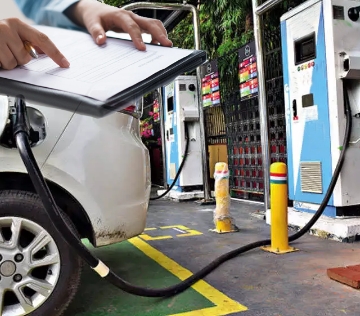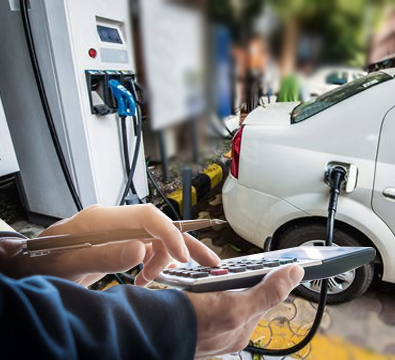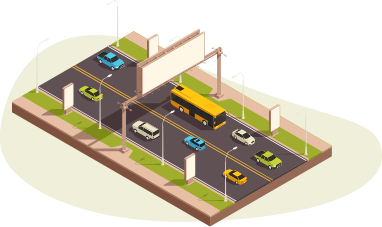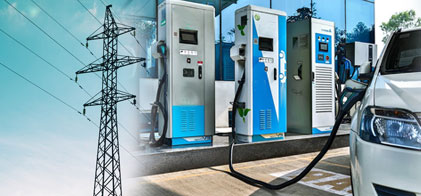Electricity Consumer Rules_2020
Union Ministry of Power has promulgated rules laying down the rights of power consumers in the
country. These rules shall empower the consumers of electricity and added that these Rules emanate
from the conviction that the power systems exist to serve the consumers and the consumers have
rights to get the reliable services and quality electricity. Distribution Companies across the country are monopolies – whether government or private – and the consumer has no alternative – therefore it was
necessary that the consumers’ rights be laid down in Rules and a system for enforcement of these
rights be put in place.














